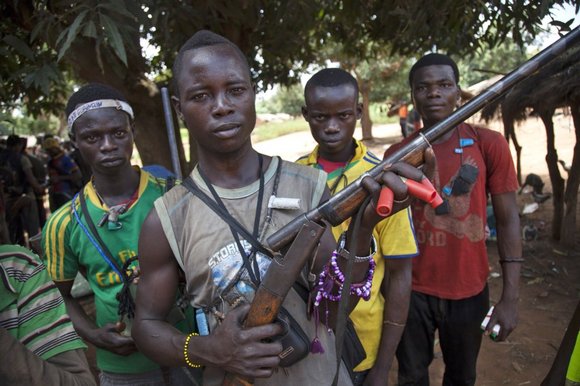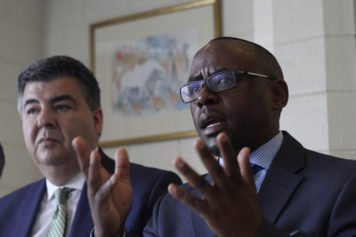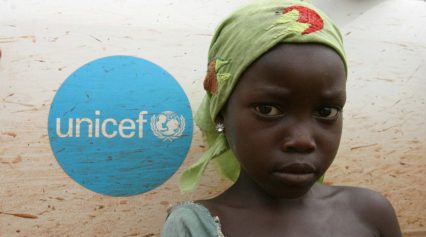Since Arab expansion in the eighth century and European expansion in the 15th century, Africans have almost completely converted from their indigenous, traditional religions, to that of Christianity and Islam. Today, traditional African religions are followed by a majority only in Togo.
Has this transformation been for the better or for the worse?
Religion is the spark for disputes throughout the world, but especially in Africa. Although conflicts are often caused by a variety of other factors, such as ethnicity and race, religion has also been at the heart of much of today’s atrocities on the continent.
Here are five African countries that are currently torn apart by religious violence between Muslims and Christians.
Central African Republic
Although the Central African Republic has no significant history of sectarian conflict or deep-seated religious tension, the United Nations, France, and other international groups have recently been warning the world that CAR is facing widespread religious violence that could take on genocidal proportions.
According to The Washington Times, the conflict became increasingly religious when members of the Seleka rebel coalition looted, raped and killed Christians upon seizing control of the capital city of Bangui last year. Muslim civilians then became targets of attacks by armed Christians, who wrested control of the capital back from the Seleka coalition.
The violence has forced nearly 1 million people from their homes within a year, and at one point, The Washington Post reports, nearly 100,000 people sought shelter on the grounds of the Bangui airport, which has been guarded first by the French, and now by other European peacekeepers. No official death toll numbers have been released.
While most media portrayals of the CAR conflict have focused on a Christian vs. Muslim narrative, some journalists have noted that political and economic instability led to the overthrow of the government in March 2013, which resulted in the protracted violence.



